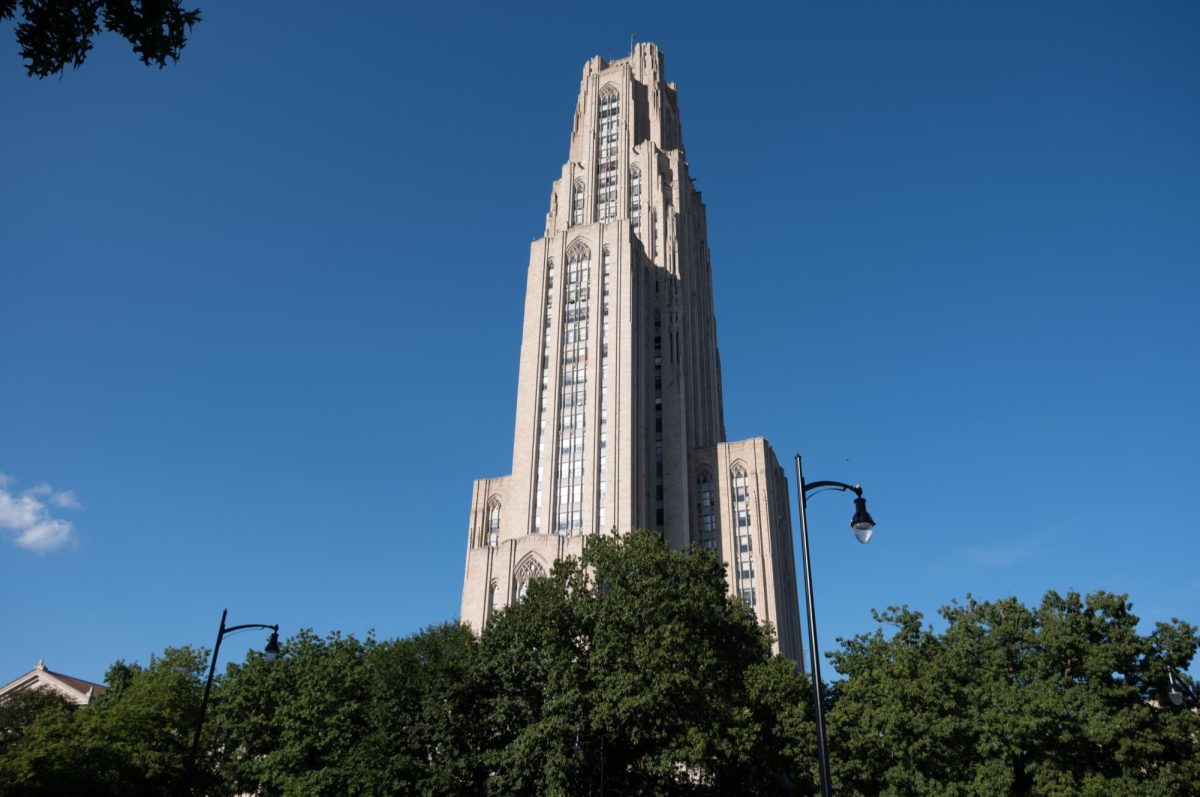Teen-age violence inspires impotent, self-righteous blame
July 7, 2003
Early Sunday morning, on a quiet street in Oaklyn, N.J., a suburb of Philadelphia, police… Early Sunday morning, on a quiet street in Oaklyn, N.J., a suburb of Philadelphia, police arrested 18-year-old Matthew Lovett and two juvenile accomplices after they attempted to carjack a passing motorist. Lovett and the two teens surrendered to police despite holding an intimidating arsenal of machetes, rifles, shotguns and some 2,000 rounds of ammunition.
Their alleged plan consisted of killing three specific individuals, then driving around the town, murdering at random. They “planned on not being taken alive,” according to the Oaklyn Police Chief, Christopher Ferrari, quoted in AP reports. Lovett, the leader, is said to have dressed in black, emulating the characters from The Matrix, and called himself the One. The three, avid role-players, called themselves The Warriors of Freedom, and, according to WPVI-TV, Lovett considered himself a warrior fighting for “mankind’s freedom. Freedom from this society … you best be grateful, my original plan was to kill you all.”
I’m going to be risky here, putting on my prophecy cap. I feel confident in predicting a modest-to-large swelling of outrage at the “senseless brutality” of such a plan, followed by much hand-wringing and renewed interest in posting the Ten Commandments in schools, just as happened after the Columbine tragedy.
And I’ll even predict that, in the long run, there won’t be much done to help these kids or others like them; the district attorney, smelling blood in the water, is already promising to try them as adults.
This is the kind of story that has all the right ingredients for righteous, impotent indignation on the parts of all the people whose job it is to, well, be outraged by things, then offer some simple answers and go back to sleep until the next shocker comes along.
The seeds are already planted. The New York Post, that bastion of good taste and reasoned argument, headlined the story “‘Matrix’ Freak In Massacre Plot.”
I assume the irony was unintentional. Choosing the word “freak” for an article about a teenager so mocked by his peers that he wanted to kill them is either deliciously self-aware media satire or incredibly poor taste, pandering to an audience seeking titillation rather than information or understanding.
I think we can guess which way that one’s going to fall.
More interesting, though, is the Matrix angle. Virtually every article mentions Lovett’s fascination with the movie, often in the first paragraph. Here begins the process of Naming the Demon – putting a convenient face on inconvenient facts. When things get weird or complex, trot out one bogeyman or another. This time, it’ll be violent, neo-mystical movies that, while posing some interesting Philosophy 101 questions, ultimately devolve into gun-porn.
Remember how Morpheus says, if you die in the Matrix, you die in the real world? And then Neo goes and shoots up about a million of the people he’s supposed to be saving? No wonder Lovett originally thought he’d be saving mankind by killing us all. Man, that’s like thinking that you’ll save a village by destroying it or liberate a people by bombing them.
Of course, Lovett wasn’t only seduced by the Matrix’s self-contradictory morality. He was misled by a different kind of matrix, one that you can’t see or touch or buy at Blockbuster in special edition surround sound, but that is all around you. It’s there when a bully smacks around the kid with the limp, and everyone shrugs it off as part of growing up. Yes, it’s in that matrix that we pay millions of dollars to watch leather-clad rebels fight for our freedom from virtual reality. And it’s there when the fortress of the brave needs a $400 billion military budget and still doesn’t feel safe.
Novelist Robert Anton Wilson is fond of reminding us that this is still The Planet of the Apes. For all our claims of evolution, we still subconsciously harbor the worst of primate ideals: that violence is power. We seldom acknowledge it, yet we cheer the cowboy, the desperado, the wronged man who kills for vengeance or the president who kills to make us feel safe.
Our society is awash in violence not because of some monolithic media pushing lurid, gory tales on us, or because we don’t know right from wrong, or because we own too many guns. Those are all secondary causes. The real problem is, at root, our belief in the power of violence. We don’t need movies to deify violence; that’s already in our nature.
For Lovett, murder was the way to make the fear stop. If he could kill, he wouldn’t be powerless anymore. He wouldn’t have to be afraid. Bullets would solve his problems.
That he knew this was wrong is evidenced by his peaceful surrender. Somewhere inside, the civilized part of the ape triumphed, and Lovett realized that “do unto others before they do unto you” could not make him any safer or less afraid. The question is, have we?
Jesse Hicks thinks maybe videogames and the Internet aren’t always to blame. He is part of the Internet at jhicks@pittnews.com.


